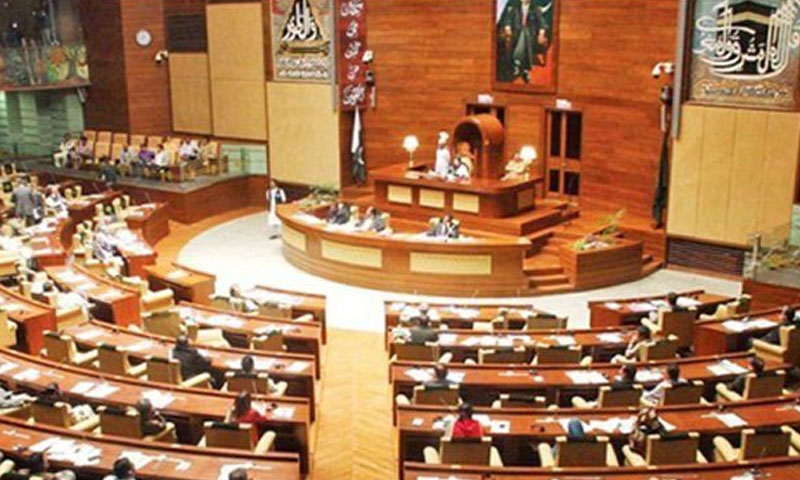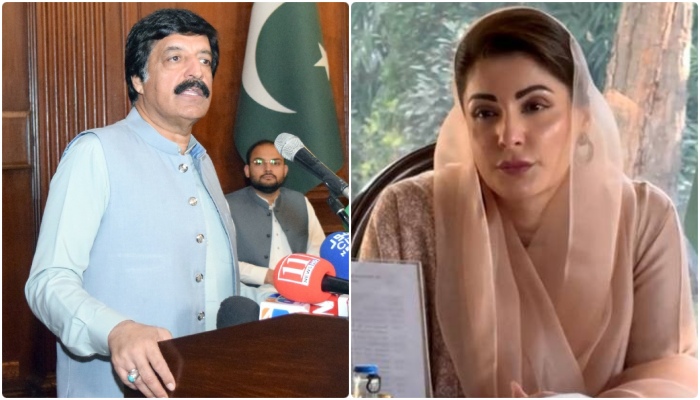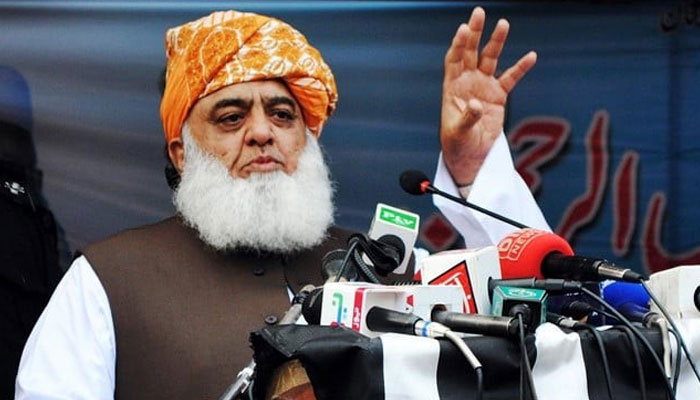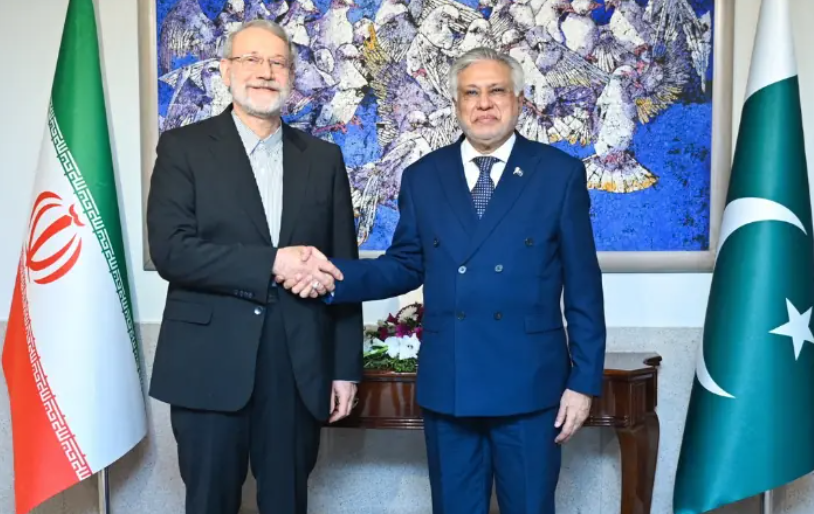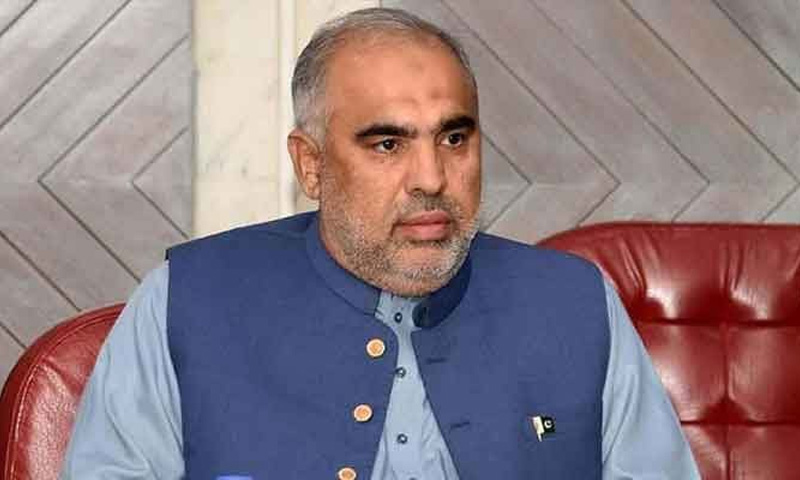POLITICS & POLICY MAKING
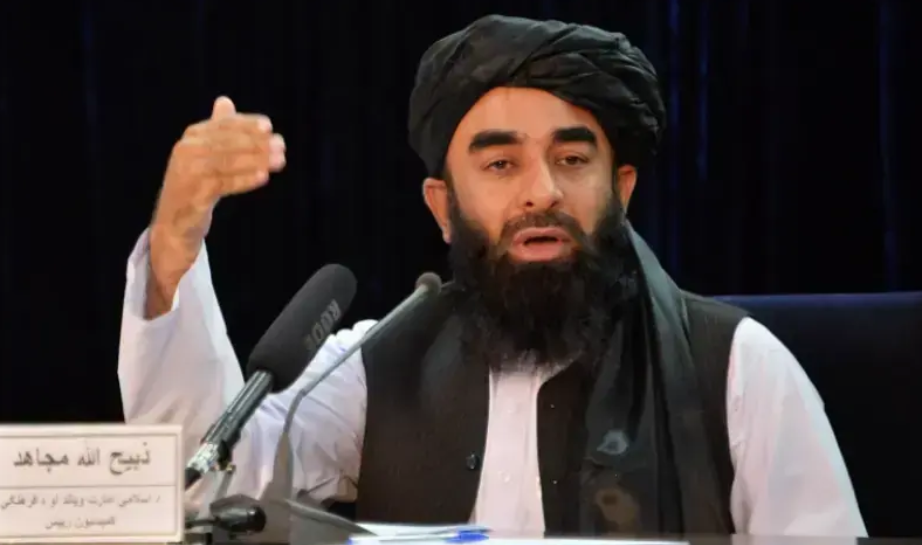
The spokesman for the Taliban-led government in Afghanistan, Zabiullah Mujahid, alleged on Tuesday that Pakistan carried out a series of overnight airstrikes in multiple Afghan provinces, further escalating tensions between the two neighbouring countries.
In a post on social media platform X, Mujahid claimed that Pakistan had “bombed” areas in the Khost province while also conducting airstrikes in Kunar and Paktika. He described the alleged strikes as violations of Afghan airspace. Pakistan has yet to issue an official statement addressing the accusation.
The allegations surfaced on the same day Pakistan was reeling from a deadly suicide attack on the Federal Constabulary headquarters, which resulted in the martyrdom of three personnel and injuries to 12 others.
Strained Relations and Stalled Dialogue
In recent months, Pakistan’s ties with Afghanistan have steadily deteriorated, with the Tehreek-i-Taliban Pakistan (TTP) emerging as the central point of conflict. Islamabad has repeatedly urged the Afghan Taliban to prevent the use of Afghan soil for attacks carried out by the TTP, but Kabul continues to deny these claims.
Efforts to restore stability have seen several rounds of talks mediated by Turkiye and Qatar, especially after border clashes in October that led both sides to explore mechanisms for peace. The first and second rounds of talks, held in Istanbul, failed to produce concrete results. Although mediators managed to salvage the negotiations with a joint statement on October 31, hopes were short-lived.
On November 7, after the third round of dialogue, Defence Minister Khawaja Asif declared the talks “over” and said they had entered an “indefinite phase,” with negotiators unable to overcome major differences.
Trade Ties Suspended and Regional Implications
Following the breakdown of talks, the Afghan Taliban suspended trade with Pakistan, while Islamabad had already closed its border for trade shortly after the October clashes. The diplomatic stalemate has also begun to affect regional development projects.
Last week, Pakistan’s Foreign Office stated that the resumption of trade would depend on Kabul’s commitment to ending cross-border terrorism. The FO also linked the progress of key regional energy initiatives to the Taliban regime halting its alleged support for militant groups.
Meanwhile, Turkiye has announced that senior officials will visit Pakistan to help defuse tensions, but their arrival remains pending due to reported complexities in the mediation process. Pakistan has welcomed efforts from both Ankara and Doha but maintains that peace hinges on decisive action from Kabul.
As the region awaits official comments from Islamabad on the latest allegations, the situation continues to underscore the fragile state of Pakistan-Afghanistan relations and the broader implications for regional security and economic cooperation.
